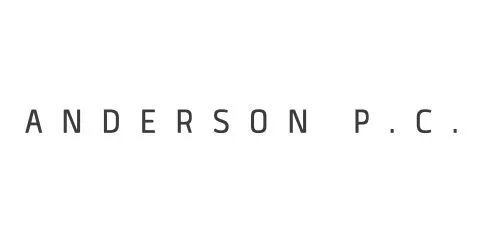On September 10, 2024, the SEC charged Keurig Dr Pepper Inc. (Keurig) with making misleading statements regarding the recyclability of its widely used K-Cup coffee pods. The action is part of the SEC's ongoing initiative to combat "greenwashing"—the practice of making exaggerated or unsubstantiated claims about a company's environmental practices or products.
The Charges
According to the SEC's order, Keurig claimed in its annual reports for fiscal years 2019 and 2020 that its testing with recycling facilities had "validated" the effective recyclability of K-Cup pods. However, Keurig failed to disclose a critical fact: two of the largest recycling companies in the United States had raised substantial concerns about the commercial viability of recycling K-Cups, stating that they were not equipped to process them and would not accept them for recycling.
The SEC emphasized that environmental considerations are a material factor for consumers purchasing Keurig products. By failing to provide accurate and complete information, Keurig misled investors and consumers regarding the true recyclability of its products. To resolve the SEC's charges, Keurig agreed to pay a $1.5 million civil penalty without admitting or denying the findings.
Implications and Takeaways
This enforcement action serves as a stern reminder that companies making environmental claims must ensure that their statements are not only technically accurate but also complete and not misleading in context. As environmental, social, and governance (ESG) considerations become increasingly prominent in investor decision-making, the SEC's focus on ESG-related disclosures has intensified.
With heightened regulatory scrutiny, companies should conduct thorough reviews of their environmental claims and ensure that all disclosures in public filings are backed by reliable evidence. It's not just about what is said, but also about what is not said. Misleading by omission—such as failing to disclose significant counter-evidence or limitations—can be just as damaging as making false statements outright.
The Bigger Picture: SEC's Crackdown on Greenwashing
The SEC's action against Keurig is part of a broader trend. Over the past several years, the agency has ramped up its efforts to curb misleading ESG disclosures. In March 2021, the SEC created the Climate and ESG Task Force within its Division of Enforcement, signaling a stronger commitment to monitoring and investigating ESG claims. This case, along with others targeting inaccurate environmental or sustainability-related disclosures, demonstrates the SEC's willingness to pursue enforcement actions to ensure companies are not embellishing their green credentials.
In today's environment, where transparency and accountability are paramount, it is crucial for companies to ensure that their ESG-related statements are fully substantiated, and that any limitations or uncertainties are clearly disclosed. Firms should be proactive in reviewing their practices and disclosures to avoid becoming the next target in the SEC's ongoing sweep against greenwashing.
The content of this article is intended to provide a general guide to the subject matter. Specialist advice should be sought about your specific circumstances.


